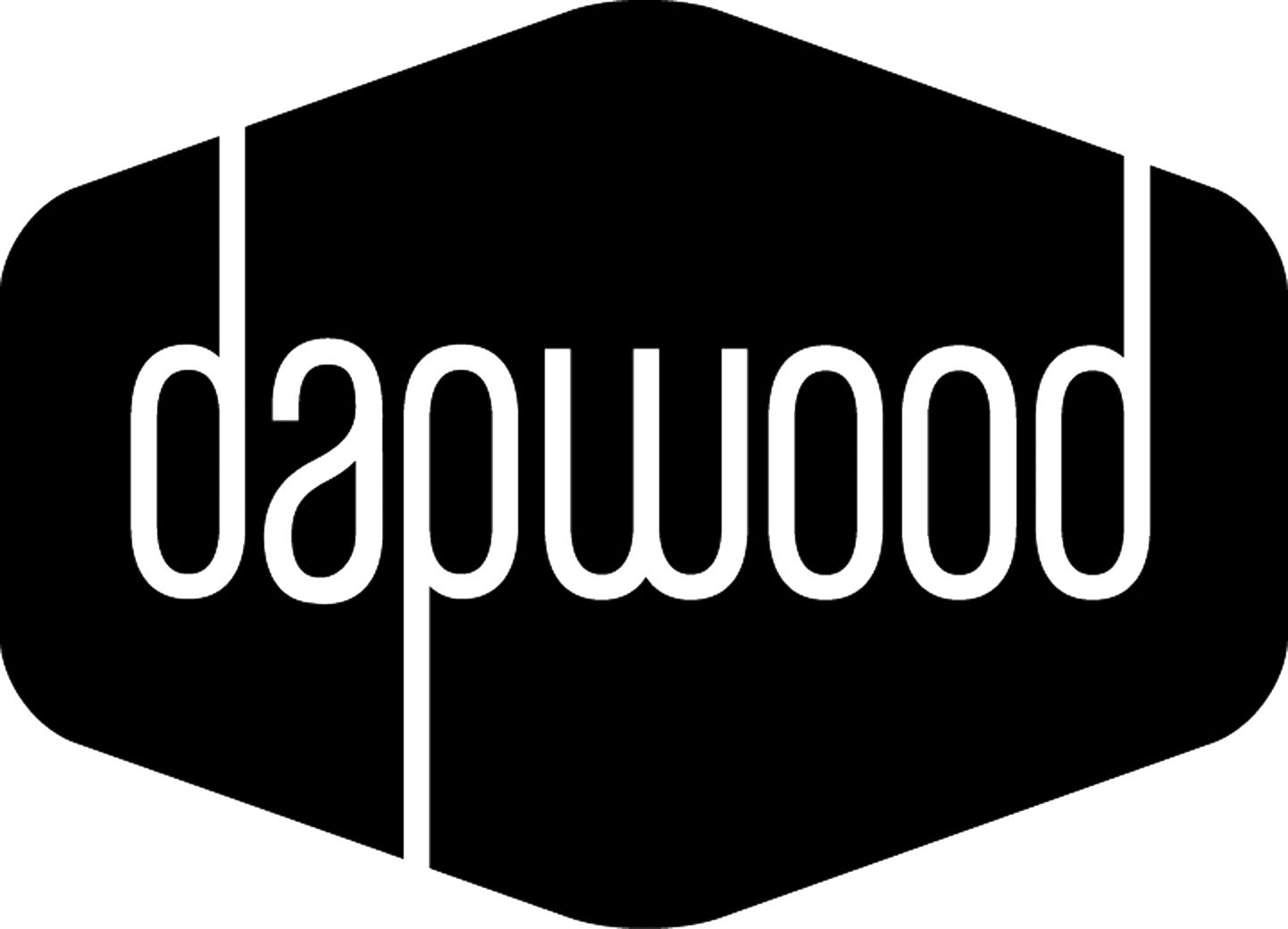Wood
All wood is not equal
There are over 23,000 tree species around the world which are further categorized into softwoods, hardwoods, tropical woods, junk woods, engineered woods, domestic woods, veneered woods, black-market woods, etc. There are even wood-like products made from bamboo, wood dust or wheat stalks. It can be further complicated by manufacturers when they use wood names as stains or finishes. In an attempt to try and clear up some of the confusion, we have compiled some info that we hope is helpful.
Hardwood vs Softwood vs Hard wood vs Soft wood
Most everyone assumes hardwood is hard and softwood is soft. That makes logical sense but is unfortunately not correct in the timber industry. Technically, hardwoods come from angiosperm trees (flower plants) while softwoods come from conifers (cone-bearing seed plants). In general everyday terms, in the northern hemisphere we typically refer to hardwoods as those that come from trees that drops their leaves in the winter, unlike softwoods that keep their leaves (typically needles) all year round. It really has nothing to do with how “hard” a wood is. Hardness is a whole different topic that we explain here
Man-Made Wood
While we applaud recycling waste products, the idea of using tiny particles and lots of adhesives to make furniture is foreign to us. Furniture is to be used everyday and is subjected to a lot of abuse. Scratches and dents will occur. With solid wood, the surface can be easily sanded out and refinished to give a like-new surface. Dents, scratches or chips of man-made products will reveal an ugly core that cannot be sanded to blend in.
Plywood

MDF (Medium Density Fiberboard)

Particleboard

Bamboo
At one time, Dapwood did produce products out of bamboo. In 2011 it was decided that even though bamboo is one of the fastest growing plants on the planet, we felt there are some larger issues with bamboo and have decided to discontinue its use. Learn more
Exotic Wood
Exotic woods are typically classified as woods from outside the U.S. and grow in tropical climates. Dapwood does NOT use tropical trees in any of our products even though they often have very interesting colors and grain patterns. We feel these tropical trees play a much more critical role in fragile ecosystems going through their natural life cycle than becoming furniture. For this reason, we have made the conscious decision to not contribute to their destruction. Learn more
Finish
To make things even more confusing, consumers must understand that “cherry finish” is not cherry hardwood and similarly, “walnut finish” is not walnut hardwood. A finish is applied to wood. In these situations, the wood is usually a lesser quality wood which does not look good on its own and needs a lot of help. It could even be a man-made wood with saw dust as the core. The finish is an attempt to mimic solid wood but there is no substitution for the real thing.
Solid, real wood
Dapwood hand crafts our eco friendly furniture only from solid, premium Midwestern and Appalachian hardwoods that are sustainably managed and in plentiful supply. There is no substitute for solid wood.
Since our solid wood is made in nature, there will be beautiful variations that enhance the uniqueness of the piece. Variations you may see include: figuring, quilting, ray flecks, minerals inclusions, color variation, small knots, etc. These variations are your assurance that you are only getting the highest quality solid wood. Learn more
